Intro
Effective Genital Warts Treatment Medication options, including prescription creams and oral therapies, to remove symptoms and prevent recurrence, using HPV-targeting therapies and immunomodulators.
Genital warts are a common sexually transmitted infection (STI) caused by the human papillomavirus (HPV). They can appear on the vulva, vagina, cervix, penis, scrotum, or anus, and can be painful, itchy, and uncomfortable. If left untreated, genital warts can lead to complications such as cervical cancer, genital itching, and bleeding. Therefore, it is essential to seek medical attention if you suspect you have genital warts.
The importance of treating genital warts cannot be overstated. Not only can treatment help alleviate symptoms and prevent complications, but it can also reduce the risk of transmitting the infection to others. Genital warts treatment medication is available, and it is crucial to understand the different options, their effectiveness, and potential side effects. In this article, we will delve into the world of genital warts treatment medication, exploring the various types, benefits, and risks associated with each.
Genital warts can be treated using various methods, including topical creams, prescription medications, and surgical procedures. The choice of treatment depends on the severity of the condition, the size and location of the warts, and the patient's overall health. Topical creams and prescription medications are often the first line of treatment, as they are less invasive and can be effective in clearing up the warts. However, in some cases, surgical procedures may be necessary to remove the warts.
Types of Genital Warts Treatment Medication
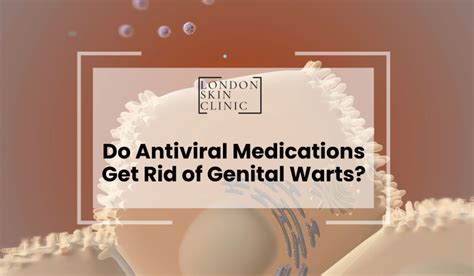
There are several types of genital warts treatment medication available, including imiquimod, podofilox, and interferon. Imiquimod is a topical cream that works by stimulating the immune system to fight off the HPV virus. It is applied directly to the warts and can be effective in clearing up the condition. Podofilox is another topical cream that works by stopping the growth of the warts. It is also applied directly to the warts and can be effective in clearing up the condition. Interferon is a prescription medication that is injected into the warts. It works by stimulating the immune system to fight off the HPV virus.
Imiquimod
Imiquimod is a topical cream that is applied directly to the warts. It works by stimulating the immune system to fight off the HPV virus. Imiquimod is available by prescription only and is typically applied three times a week for up to 16 weeks. The cream can cause side effects such as redness, itching, and burning, but these are usually mild and temporary.Podofilox
Podofilox is a topical cream that is applied directly to the warts. It works by stopping the growth of the warts. Podofilox is available by prescription only and is typically applied twice a day for three days, followed by a four-day break. The cream can cause side effects such as redness, itching, and burning, but these are usually mild and temporary.Interferon
Interferon is a prescription medication that is injected into the warts. It works by stimulating the immune system to fight off the HPV virus. Interferon is usually administered in a series of injections, with each injection given one to two weeks apart. The medication can cause side effects such as flu-like symptoms, fatigue, and depression, but these are usually mild and temporary.Benefits of Genital Warts Treatment Medication
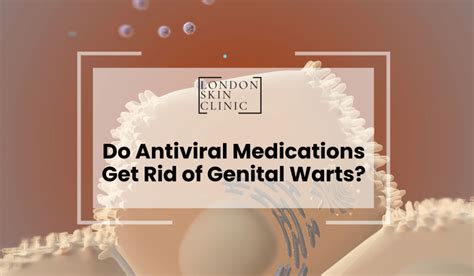
The benefits of genital warts treatment medication are numerous. Firstly, treatment can help alleviate symptoms such as itching, burning, and discomfort. Secondly, treatment can reduce the risk of transmitting the infection to others. Thirdly, treatment can prevent complications such as cervical cancer, genital itching, and bleeding. Finally, treatment can improve overall quality of life, allowing individuals to feel more confident and comfortable in their own skin.
Reduced Risk of Transmission
Genital warts treatment medication can reduce the risk of transmitting the infection to others. By clearing up the warts, individuals can reduce the risk of passing on the HPV virus to their partners. This is especially important for individuals who are in long-term relationships or who have multiple partners.Prevention of Complications
Genital warts treatment medication can prevent complications such as cervical cancer, genital itching, and bleeding. By treating the warts, individuals can reduce the risk of these complications, which can be serious and even life-threatening.Improved Quality of Life
Genital warts treatment medication can improve overall quality of life. By alleviating symptoms and reducing the risk of transmission, individuals can feel more confident and comfortable in their own skin. This can lead to improved relationships, increased self-esteem, and a better overall quality of life.Risks and Side Effects of Genital Warts Treatment Medication
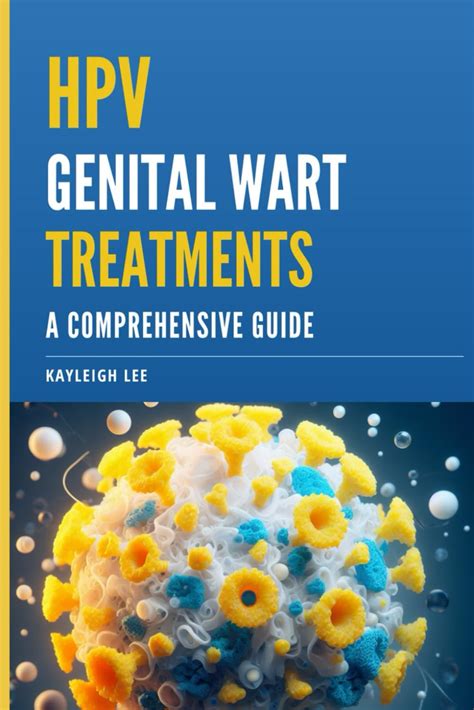
While genital warts treatment medication can be effective in clearing up the condition, there are risks and side effects to consider. Imiquimod, podofilox, and interferon can all cause side effects, ranging from mild to severe. Common side effects include redness, itching, and burning, while more severe side effects can include flu-like symptoms, fatigue, and depression.
Common Side Effects
Common side effects of genital warts treatment medication include: * Redness * Itching * Burning * Irritation * DiscomfortSevere Side Effects
Severe side effects of genital warts treatment medication include: * Flu-like symptoms * Fatigue * Depression * Anxiety * Nausea and vomitingAlternative Treatment Options
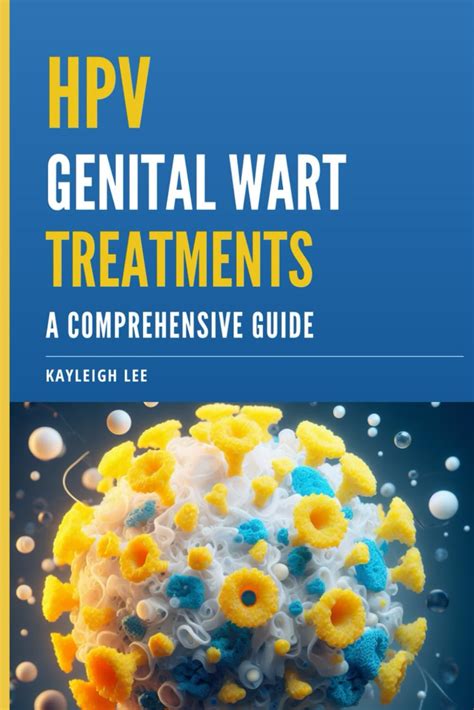
In addition to genital warts treatment medication, there are alternative treatment options available. These include surgical procedures, such as cryotherapy, laser therapy, and surgical excision. These procedures can be effective in removing the warts, but they can also be painful and may require anesthesia.
Cryotherapy
Cryotherapy is a surgical procedure that involves freezing the warts using liquid nitrogen. The procedure can be painful and may require anesthesia. Cryotherapy can be effective in removing the warts, but it may require multiple treatments.Laser Therapy
Laser therapy is a surgical procedure that involves using a laser to remove the warts. The procedure can be painful and may require anesthesia. Laser therapy can be effective in removing the warts, but it may require multiple treatments.Surgical Excision
Surgical excision is a surgical procedure that involves removing the warts surgically. The procedure can be painful and may require anesthesia. Surgical excision can be effective in removing the warts, but it may require multiple treatments.Prevention of Genital Warts
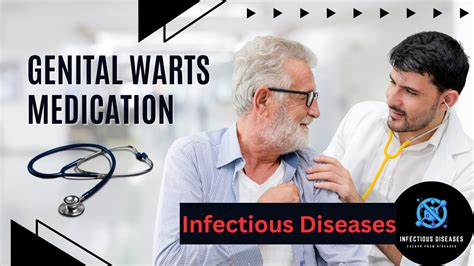
Prevention is key when it comes to genital warts. There are several ways to prevent genital warts, including practicing safe sex, getting vaccinated against HPV, and avoiding skin-to-skin contact with individuals who have genital warts.
Practicing Safe Sex
Practicing safe sex is one of the most effective ways to prevent genital warts. Using condoms and dental dams can reduce the risk of transmitting the HPV virus.Getting Vaccinated Against HPV
Getting vaccinated against HPV is another effective way to prevent genital warts. The HPV vaccine can protect against certain strains of the virus, reducing the risk of genital warts and cervical cancer.Avoiding Skin-to-Skin Contact
Avoiding skin-to-skin contact with individuals who have genital warts can also reduce the risk of transmission. This includes avoiding oral, anal, and vaginal sex with individuals who have genital warts.What are the symptoms of genital warts?
+Genital warts can cause symptoms such as itching, burning, and discomfort. They can also cause bleeding and discharge.
How are genital warts treated?
+Genital warts can be treated using topical creams, prescription medications, and surgical procedures. The choice of treatment depends on the severity of the condition, the size and location of the warts, and the patient's overall health.
Can genital warts be prevented?
+Yes, genital warts can be prevented by practicing safe sex, getting vaccinated against HPV, and avoiding skin-to-skin contact with individuals who have genital warts.
What are the risks and side effects of genital warts treatment medication?
+Genital warts treatment medication can cause side effects such as redness, itching, and burning. More severe side effects can include flu-like symptoms, fatigue, and depression.
How long does it take to recover from genital warts treatment?
+The recovery time for genital warts treatment can vary depending on the type of treatment and the severity of the condition. Topical creams and prescription medications can take several weeks to several months to clear up the warts, while surgical procedures can take several days to several weeks to recover from.
In conclusion, genital warts treatment medication is an effective way to clear up the condition and reduce the risk of transmission. By understanding the different types of treatment medication, their benefits, and risks, individuals can make informed decisions about their treatment options. Remember to practice safe sex, get vaccinated against HPV, and avoid skin-to-skin contact with individuals who have genital warts to prevent the condition. If you suspect you have genital warts, seek medical attention immediately to prevent complications and reduce the risk of transmission. We invite you to share your thoughts and experiences with genital warts treatment medication in the comments section below.
